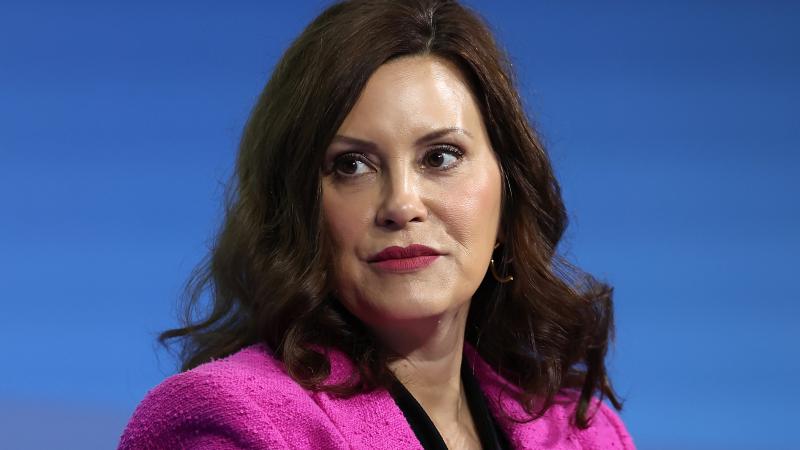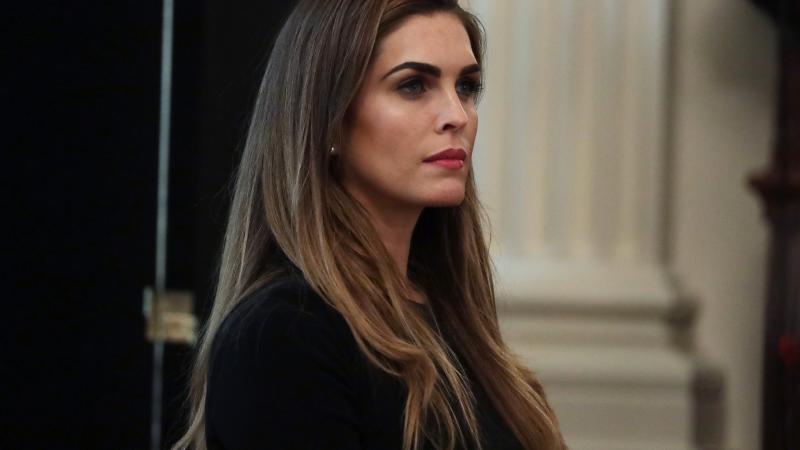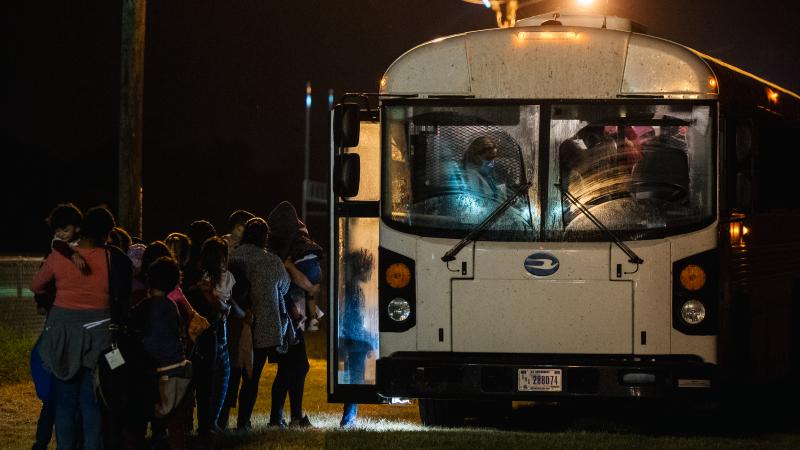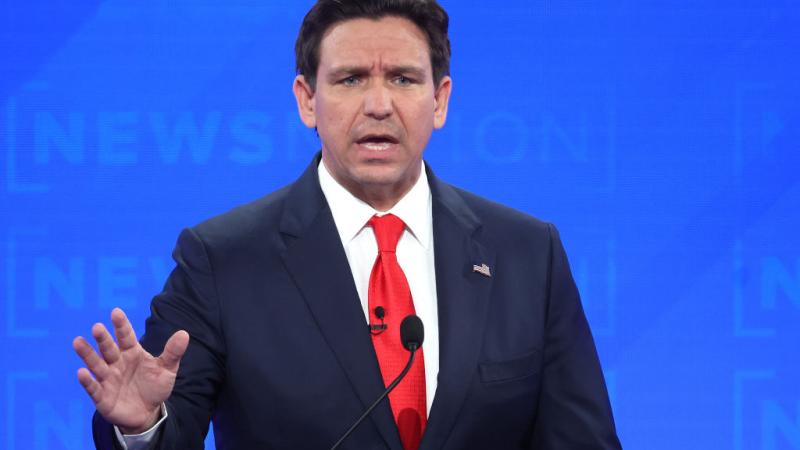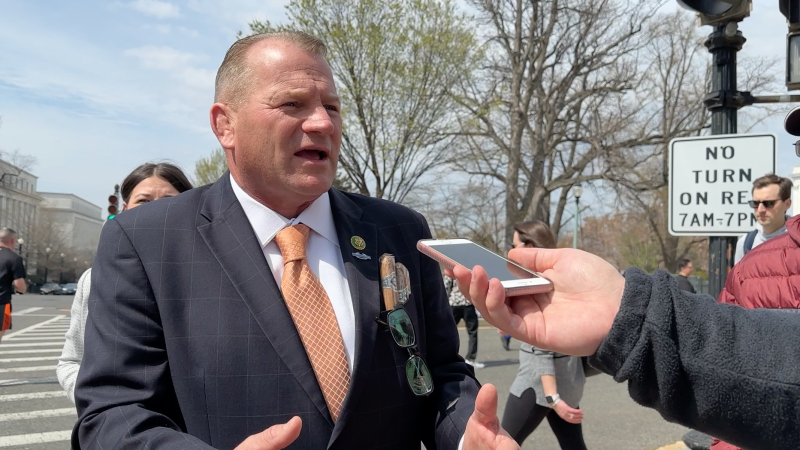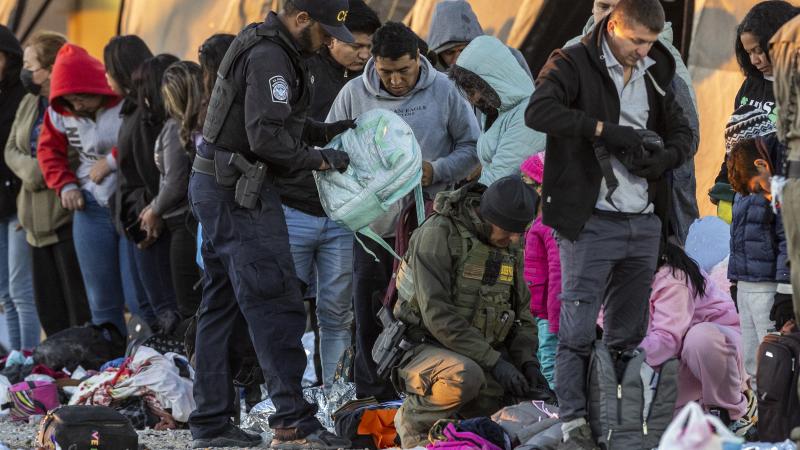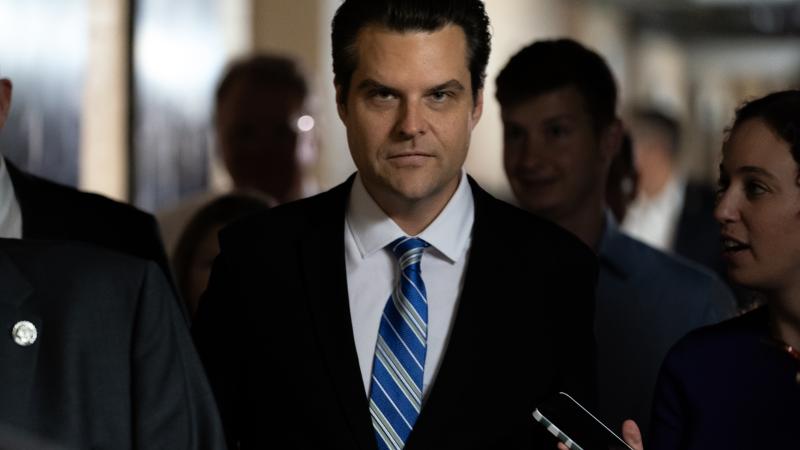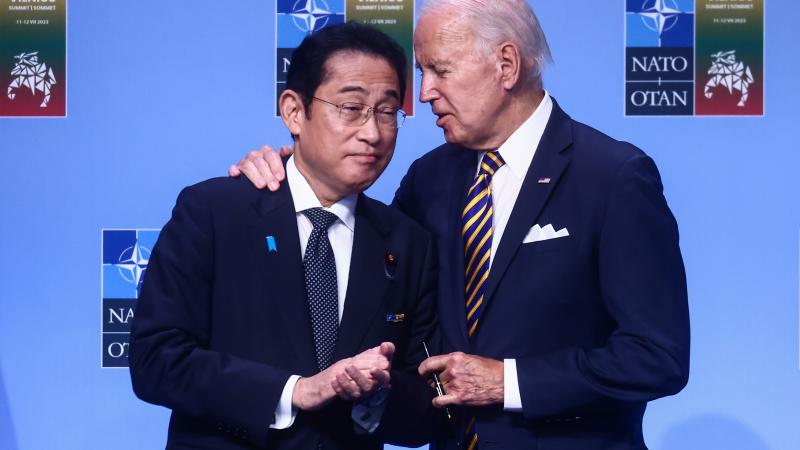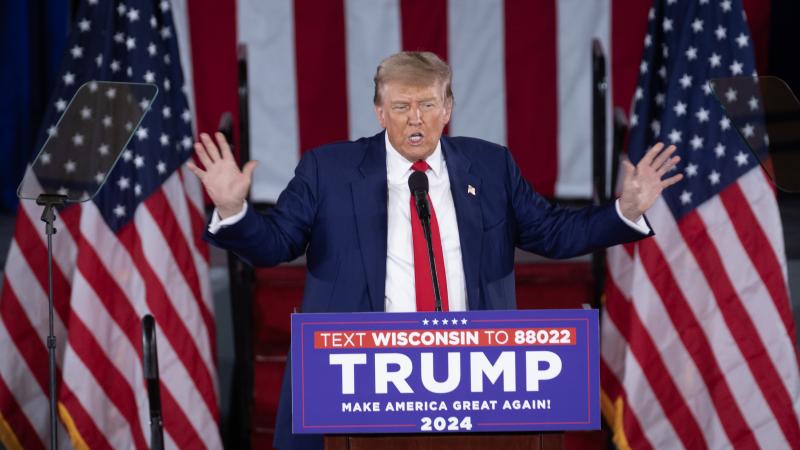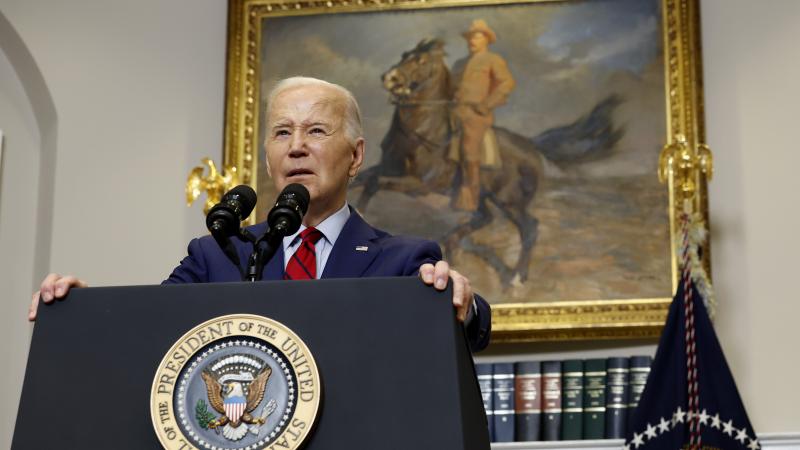Speed bumps on the road to Washington’s EV sales goals
Overall, Washington state has one of the highest EV adoption rates in the nation.
(The Center Square) -
The Washington State Legislature’s goal of transitioning the transportation sector away from fossil fuels and toward electric vehicles is facing numerous challenges, one of which is the lack of available public charging ports.
In January, 21.5% of all vehicle sales were electric, 19.9% of all sales in February. Both represent an increase in EV’s percentage of vehicle sales compared to the same month in 2023. Overall, Washington state has one of the highest EV adoption rates in the nation.
However, Dan Bowerson with the Alliance for Automotive Innovation told the state Electric Vehicle Coordinating Council at its April 3 meeting that while that’s “very good news” he added that the lack of charging stations is hindering even higher sales.
“Consumers are simply not going to buy a vehicle they don’t have confidence they’re going to be able to fuel," he said. “They need to know the charging stations are there before they’re purchasing a vehicle. They need to know the charging stations are up and running. It does us no good if a charging station isn’t functioning when a driver pulls up to it.”
Washington currently has 2,153 public charging stations that have a total of 5,644 EV charging ports. As of July 2023, there were 104,050 all-electric vehicles registered in Washington, the fourth highest in the nation, which means there are 18 EVs for every charging port. According to the council, there will need to be 3 million charging ports by 2040, which would require the construction of 250,000 annually for the next 16 years.
According to the Washington State Department of Transportation’s Plan For Electric Vehicle Infrastructure Deployment, the goal is to have a charging station every 50 miles or less across the state’s highway network.
“Realizing this vision will eliminate ‘charging deserts’ and remove a significant barrier to EV adoption,” the plan states. “Furthermore, it would prepare the state for its goal that, beginning in 2030, all new private passenger vehicles will be electric.”
The lack of charging stations is a problem not unique to the Evergreen State. Bowerson said that nationwide the country will need 1.25 million public charging stations by 2030 to support the transportation sector if EVs by then represent 50% of all sales. However, that would require the daily installation of 427 chargers.
“I think there is a great opportunity here,” Bowerson said. “Not saying it’s not doable, not saying it’s impossible.”
As for the total cost for both residential and public charging installations to meet the state's goal, the council’s transportation electrification strategy offers various estimates, ranging from $2.7 billion to as high as $7.4 billion.
Right now, WSDOT has been allocated $15 million for highway charging projects.
The council’s next meeting is on May 1.


